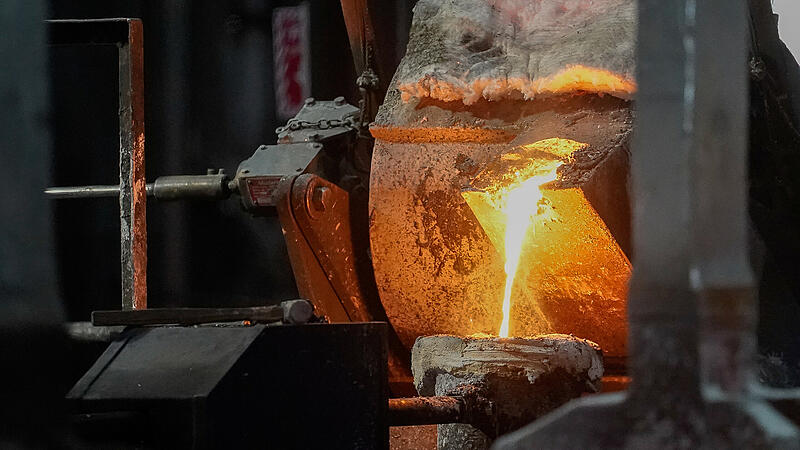Image: Reuters
At the beginning of September, the government announced a 9.7 percent increase for pensioners. Most recently, wage and salary agreements were around ten percent plus – gross, mind you. Parcel deliverers were an outlier; from 2024 they will receive an average of 16 percent more in their accounts.
Employers are painting a bleak picture of the economy in advance; they have so far refused to reduce working hours with full wage compensation or to reach the sixth week of vacation earlier. And by the way, the government has also implemented cost-of-living adjustments to mitigate the high inflation, which must be taken into account.
Certainly not, is the answer from GPA and PRO-GE. This is about a sustainable wage and salary increase; it has nothing to do with government measures. The unions also reject one-off payments, which employers want to make palatable, because this is only a one-off effect and will not be included in next year’s negotiations. There is also no wage-price spiral, but rather the government has done too little to combat inflation and now the employees cannot be left out in the cold, according to the employee representatives.
What’s your opinion?
This vote is disabled
Please activate the category Targeting cookies in your cookie settings to display this item. My cookie settings
Last year, the social partners in the metal technology industry agreed on an average increase in actual wages of 7.4 percent. Rolling inflation at the time was 6.4 percent; the unions started the negotiations with a demand of plus 10.6 percent.
If employers and employees cannot agree, the KV from the previous year continues. Since this would mean a loss of real wages for the employees, the pressure from the employees is usually increased during the negotiations with works meetings and warning strikes.
The strike statistics in the metal industry show two major work stoppages in the recent past: in 2011 there were strikes in around 200 companies with 100,000 employees and in 2018 in over 240 companies with more than 70,000 employees. There is currently a labor dispute at the frozen food manufacturer Ardo in Lower Austria.
Follow the announcement of wage and salary demands live here from 11:50 a.m. on nachrichten.at.
more from economics




